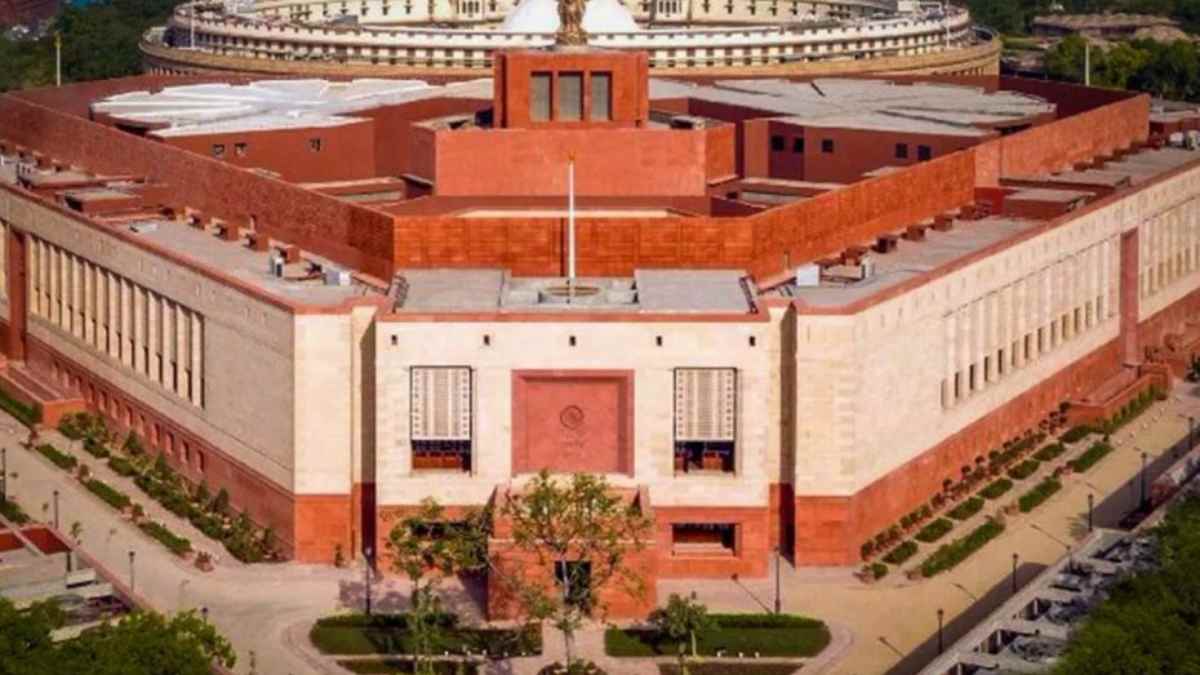Waqf Act: A contentious bill to amend 44 sections of the Waqf Act of 1995, including ensuring representation of non-Muslim individuals and Muslim women in central and state Waqf bodies, is expected to be tabled in the Lok Sabha on Thursday, according to top government sources. Another bill will abolish the 1923 Waqf Act. Copies were distributed to Lok Sabha members on Tuesday night.
The amendment will rename the 1995 law as the Unified Waqf Management, Empowerment, Efficiency, and Development Act. Sources told NDTV the goal is to better manage Waqf properties, which are lands set aside under Islamic law for religious or charitable purposes.
Key changes include the omission of Section 40, which allowed the Board to classify properties as Waqf. This power will now be vested in the District Collector. The Central Waqf Council and state Waqf Boards must include two women. The Council will comprise a Union Minister, three MPs, three representatives of Muslim organizations, three Muslim law experts, two ex-judges, four ‘people of national repute,’ and senior union government officials, with at least two women.
New provisions require notice before registering any property as Waqf, and this registration must occur on a centralized website. The District Collector or their deputy will oversee the survey of Waqf properties. There will be a provision to lodge a High Court appeal within 90 days of the Board’s decision.
Only practicing Muslims can donate property to the Waqf Council or Board, and only the legal owner can decide. Disputes about Waqf property antecedents will involve an official investigation, with findings submitted to the state. Money received by the Waqf Board must be used for the welfare of widows, divorcees, and orphans, as suggested by the government. Women’s inheritances must be protected.
The bill proposes a separate board for the Bohra and Agakhani communities and representation for Shias, Sunnis, and other backward classes among Muslims.
Despite the government’s intent for “inclusive” passage, fierce protests are expected from the opposition and Waqf Boards. The Tamil Nadu Board chief called the amendments a ploy by the BJP to “weaken” and “destabilize” such organizations. The All India Muslim Personal Law Board declared any changes “will not be tolerated.” However, the government claims the amendments aim to empower Muslim women and children and curb illegal occupancy by Waqf boards, which hold around eight lakh acres of land. A joint committee may be formed to study the bill.
Also Read:Scam Alert: Hyderabad Resident Duped Of Rs 11 Lakh Over Fake Phone Deactivation Call
The All India Sufi Sajjadanashin Council welcomed the government’s decision, saying the changes were long overdue. The 1995 Waqf Act, regulating assets donated as Waqf, was last amended in 2013.













